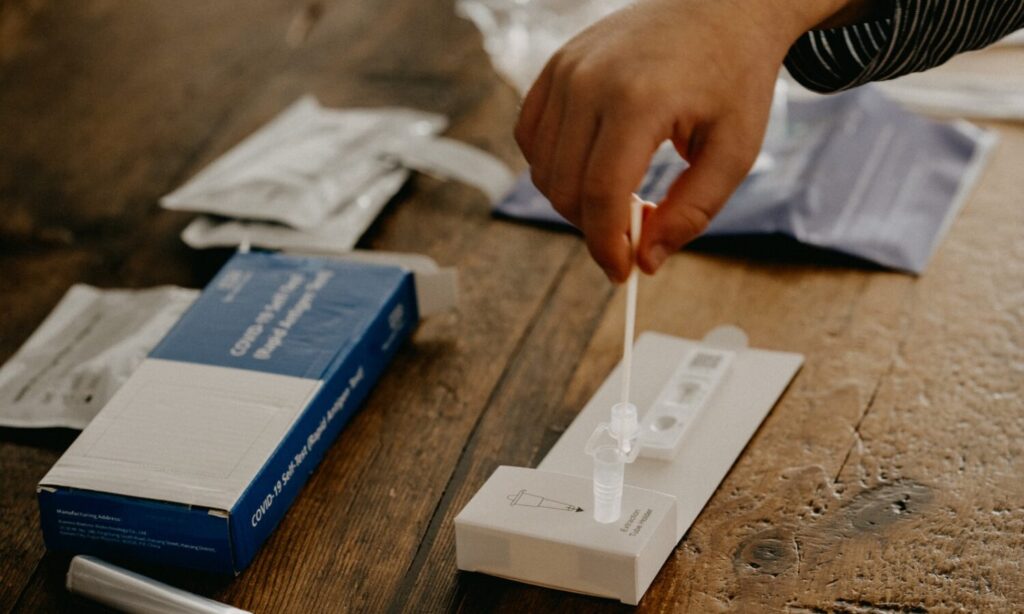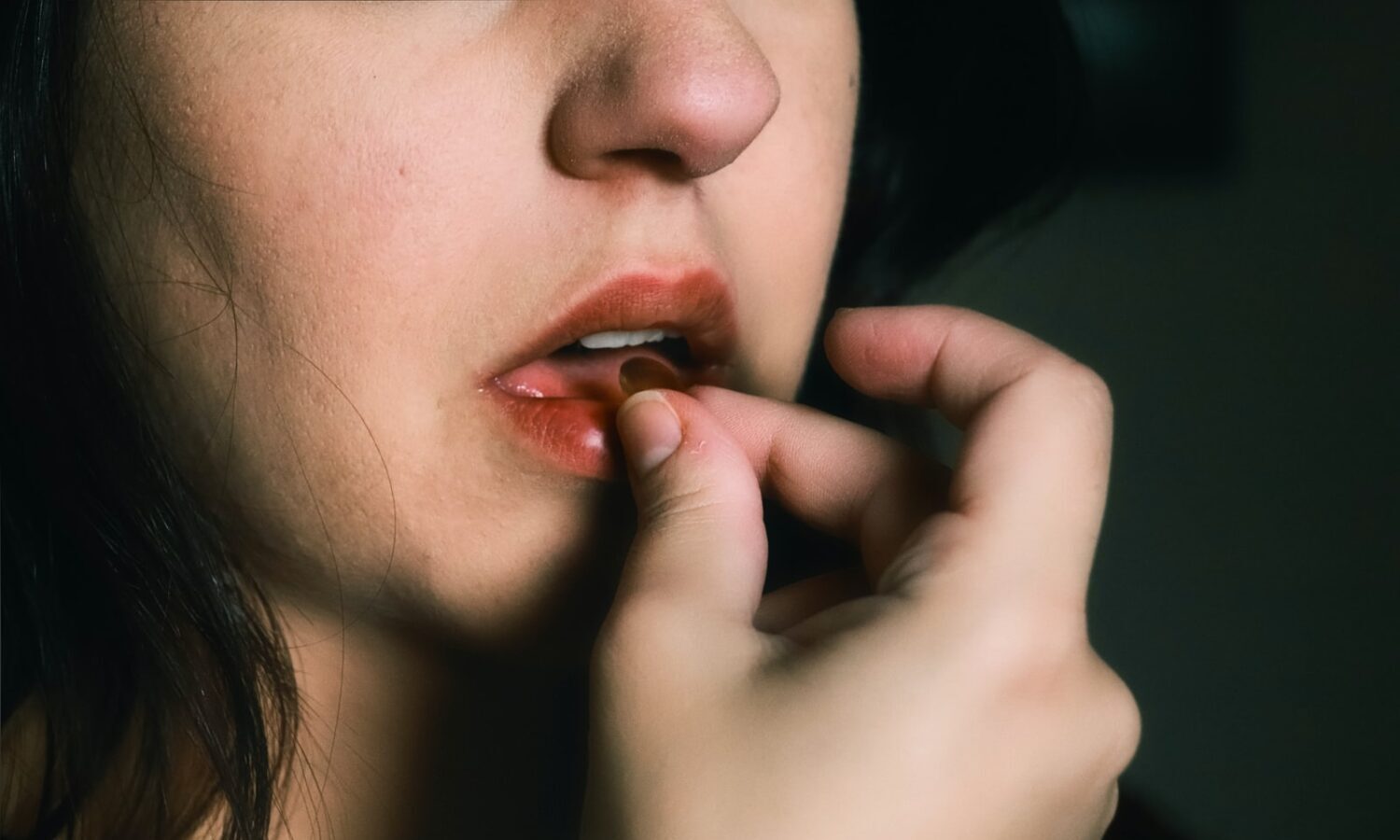As COVID cases increase across the country, it’s important to know that there’s an oral medicine that can effectively treat the disease.
Paxlovid is an oral COVID antiviral that treats the disease rapidly and prevents the onset of serious symptoms. Surprisingly, the government hasn’t done a great job of informing the public of its existence, resulting in a lot of people not knowing about it.
As COVID cases increase on a national level, it’s important for people to be aware of it, especially if they’re at a higher risk for complications. Here’s what you should know.
Paxlovid was made by Pfizer and it’s a combination of two compounds: nirmatrelvir and ritonavir. One blocks a COVID enzyme that allows the virus to replicate while the other blocks our own enzymes that would prevent this from happening. These compounds are nothing new, having been used in HIV medicines.

RELATED: Drug That Can Treat COVID Is In Circulation, Even If Many Don’t Know It Exists
An important thing to know about this drug is the fact that it needs to be taken within 5 days of experiencing symptoms. In order for it to work, people must seek it out the minute they think they have COVID.
According to the CDC, the medication is approved for a variety of people, all of whom must be at least 12-years-old and weigh a minimum of 88 pounds. More specifically, it’s allowed for people with conditions like cancer, chronic diseases, diabetes, being overweight, smokers, and more.
It’s a highly accessible drug although it does need a prescription for people to be able to purchase it. The process of acquiring it works differently depending on your state, but some allow people to get a COVID test in a pharmacy and get their Paxlovid prescriptions right away or even facilitate home delivery of the medicine.
RELATED: Social Isolation Is Associated With This Condition
While Paxlovid is FDA approved and is considered safe, there are a few risks associated with it. It can interact with other medications, so it’s important to ask your doctor about any possible drug interactions and their risks. Side effects are rare but they include muscle aches, diarrhea, increased blood pressure and more.


